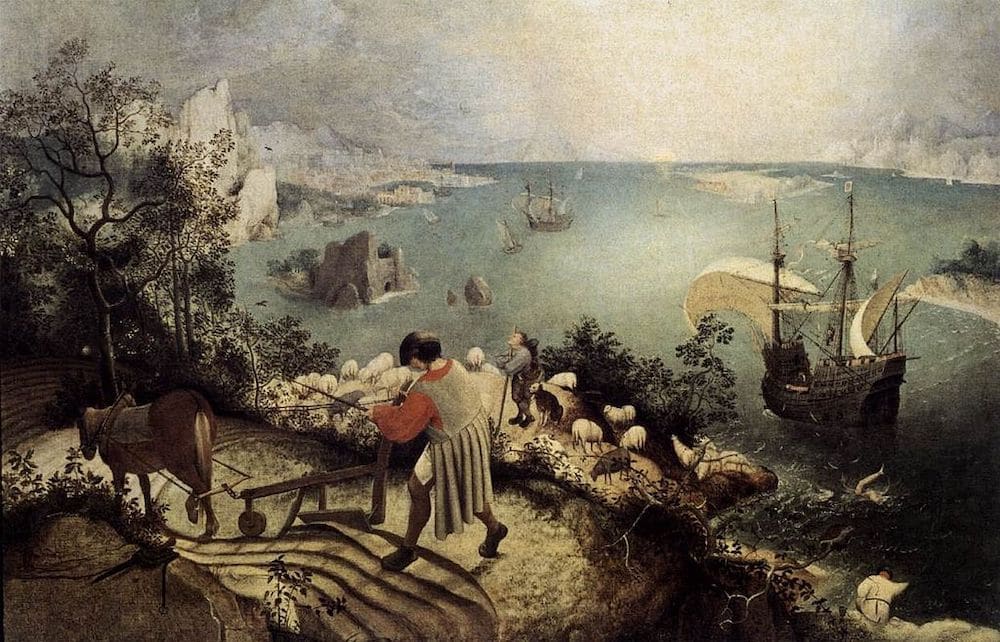 Judith Dawson is a GP in Northamptonshire and Clinical Lead for Leonard Cheshire.
Judith Dawson is a GP in Northamptonshire and Clinical Lead for Leonard Cheshire.
Friday lunchtime, on call, mid pandemic.
A message from the midwife asked me to phone a lady requiring referral to the early miscarriage unit as she had a private scan result which showed no detectable fetal heartbeat. It transpired that this patient, in her late twenties, had a distressing obstetric history which included a stillborn child, a neonatal death and intervening treatment for malignancy. She had sought an early ultrasound in the private sector which had shown a missed miscarriage at 10 weeks gestation. Quite naturally she had contacted her midwife to be told that only a GP could refer her to the NHS service. When I did this, the on-call clinician was scathing about patients who had early scans in the private sector and the problems this caused. It took some persistence to relay the context of this patient and her distress and arrange an assessment. “Well, anyway the most likely thing is that we are going to offer no intervention, especially now with coronavirus” was the final grudging comment.
This lady had already endured exceptional unavoidable suffering and yet was being forced into a circuitous loop to obtain basic care.
This suffering was increased by a prejudice against her from the onset because she had sought a scan in the private sector, a reassurance not available to her in the normal antenatal routine. We need to acknowledge that even before COVID-19, the NHS was often barely covering standard care for common clinical conditions, a fact made explicit by NICE° which states that guideline implementation is not mandatory and should be taken in “the context of local and national priorities for funding and developing services”. The recommendation on the management of early pregnancy loss is clear :
Treat all women with early pregnancy complications with dignity and respect. Be aware that women will react to complications or the loss of a pregnancy in different ways. Provide all women with information and support in a sensitive manner, taking into account their individual circumstances and emotional response.2
The difficult circumstances of the COVID-19 environment have unfortunately led to a more rigid and unsympathetic approach in many quarters. If your local hospital is unable to offer care which is compliant with NICE guidelines, should you be penalised for seeking this in the private sector? Does seeking compassionate, reassuring or even recommended care mark you as demanding and difficult?
Suffering takes place in full view of clinicians, and we are wilfully blind to it, seeking to hide behind rigid protocols…
How much does it take for us to genuinely express sorrow and compassion for the terrible trials our patients endure?
Perhaps it is the NHS clinician that is Icarus, flying too close to the sun of belief that we deliver optimal treatment for our patients and ignoring the unmet needs that drive them into the private sector. The suffering patient is the ploughman in the foreground trudging on through the thick clay of sorrow and disease, not the young man engaged in an upwards coruscating flight or a dazzling dive into an azure sea.
References
1. Mylod D.E.and Lee T.H, A Framework for Reducing Suffering in Health Care, Harvard Business Review 14/11/13 https://hbr.org/2013/11/a-framework-for-reducing-suffering-in-health-care (accessed 31/5/20)
2. National Institute for Health and Care Excellence. guideline NG126, Ectopic pregnancy and miscarriage: diagnosis and initial management, NG126 London NICE 17/4/19 https://www.nice.org.uk/guidance/ng126 (accessed 31/5/20)
3. Auden W.H., Collected Poems Faber and Faber 1994
Editor note: Some patient details were adjusted to preserve anonymity but full patient written consent, using the BJGP case report form°, was obtained before publication. Featured image: Landscape with the Fall of Icarus on Wikimedia.






